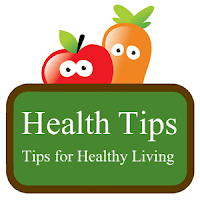Buttermilk is a drink that digests easier than regular milk because it contains even more lactic acid than can be found in skim milk. Buttermilk is a Probiotic food. These contain living microorganisms, which can survive the passage through the stomach and become active in the intestines.
Here are some healthy things these bacteria do to your body:
• Manufacture vitamins
• Improve digestion
• Boost Immunity
• Manufacture nutrients
• Reduces body heat
• Helps in weight loss.
• Benefits to the heart.
• Protect against cardiovascular diseases
• Protect against carcinogens
Buttermilk is lower in fat than regular milk, because the fat has been removed to make butter. It is also high in potassium, vitamin B12, calcium, and riboflavin as well as a good source of phosphorus. Those with digestive problems are often advised to drink buttermilk rather than milk, as it is more quickly digested. Buttermilk has more lactic acid than skim milk.
Now buttermilk is made by adding cultured bacteria to low-fat or fat-free milk, just like yogurt. The live cultures provide its distinctive rich, creamy texture–and a host of health benefits. Hence drink buttermilk for better health!!!
Here are some healthy things these bacteria do to your body:
• Manufacture vitamins
• Improve digestion
• Boost Immunity
• Manufacture nutrients
• Reduces body heat
• Helps in weight loss.
• Benefits to the heart.
• Protect against cardiovascular diseases
• Protect against carcinogens
Buttermilk is lower in fat than regular milk, because the fat has been removed to make butter. It is also high in potassium, vitamin B12, calcium, and riboflavin as well as a good source of phosphorus. Those with digestive problems are often advised to drink buttermilk rather than milk, as it is more quickly digested. Buttermilk has more lactic acid than skim milk.
Now buttermilk is made by adding cultured bacteria to low-fat or fat-free milk, just like yogurt. The live cultures provide its distinctive rich, creamy texture–and a host of health benefits. Hence drink buttermilk for better health!!!













